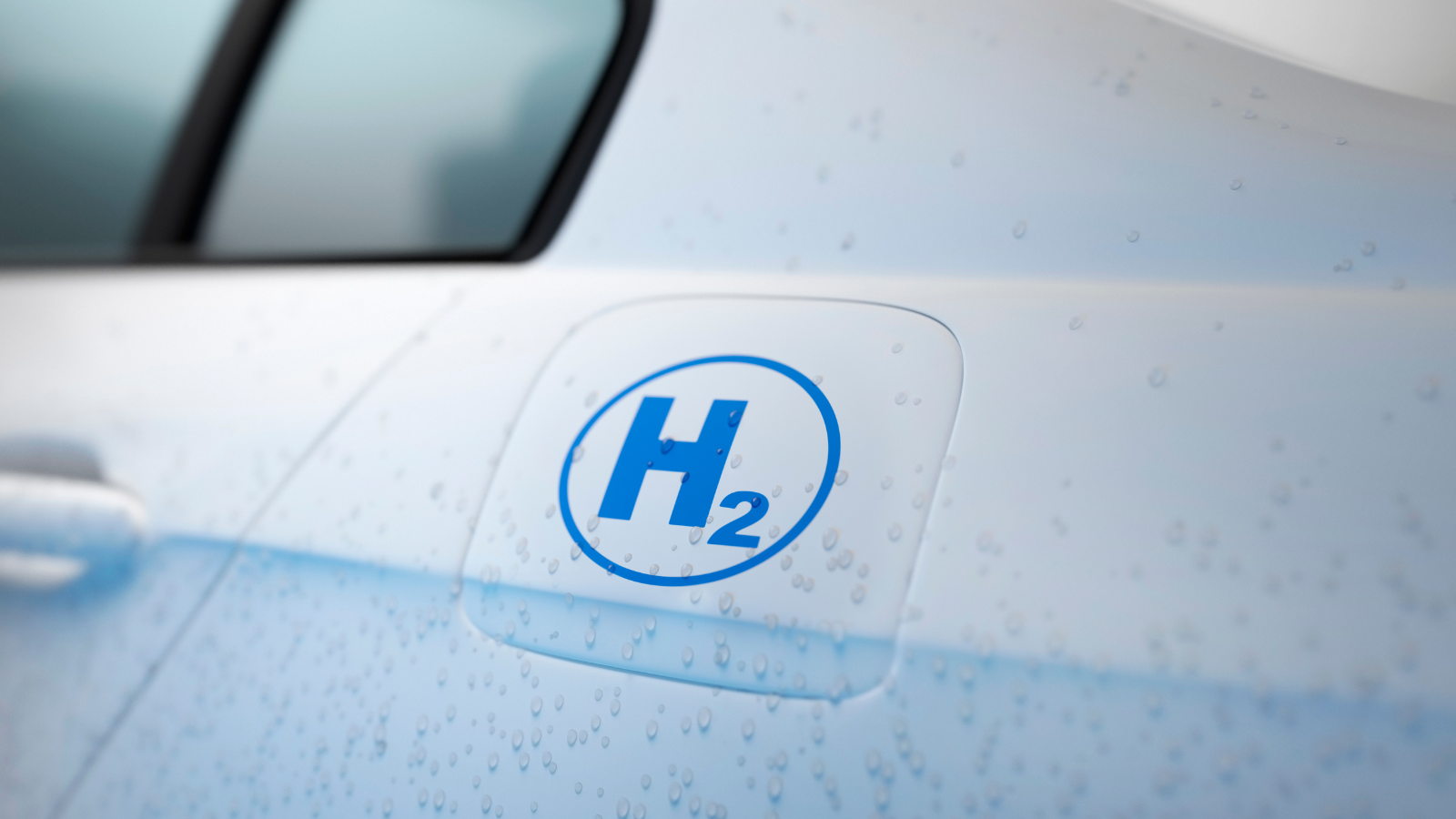$750 million DOE grant issued to hydrogen technologies for heavy-truck fuel cells
The U.S. Department of Energy must be feeling generous after a commitment of $750 million to assist in lowering the cost of lower the cost of hydrogen technologies for heavy-truck fuel cells, hydrogen delivery, and hydrogen storage. Energy Secretary Jennifer Granholm has noted that the financial pledge is an “exciting step forward” and will Riley continue to further implement the climate agenda put forth by the Biden Administration.
Hydrogen fuel cells are a type of energy technology that converts the chemical energy of hydrogen into electricity. They are often used in vehicles as an alternative to traditional internal combustion engines, and they are particularly well-suited for heavy-duty trucks due to their high energy density and long driving range. Hydrogen fuel cells for heavy-duty trucks typically consist of a fuel cell stack, a hydrogen storage tank, and other associated hardware and controls. The fuel cell stack generates electricity by reacting hydrogen with oxygen from the air, producing water as the only byproduct. The hydrogen is stored in a high-pressure tank and is fed into the fuel cell stack as needed.
The world of sustainable energy is buzzing with excitement about a new water-powered engine, especially in the context of transitioning away from conventional energy sources.
Honda has unveiled its latest hydrogen fuel cell-powered vehicle, the 2025 Honda CR-V e:FCEV, signaling the company's commitment to utilizing hydrogen as a vehicle fuel source.
Nikola made waves with its hydrogen fuel cell electric semi trucks hitting North America, and Biagi Bros. Logistics showcased their new Nikolas on social media shortly after.
Hydrogen - the lightest element - is being touted as a promising clean fuel for the future, particularly in the automotive industry.
Central Asia is making strides in combating climate change with the construction of its first green hydrogen-wind plant in Uzbekistan.
Nikola Corp. recently took its hydrogen fuel cell electric truck for a spin at CES 2024, and we got a firsthand look at what this regional hauler can do.
The perception of hydrogen as a highly flammable and dangerous fuel source is being challenged as the industry emphasizes its safe handling and storage practices.
A new hydrogen production plant aims to solve the problems with refueling and distribution snags.
Many truckers and trucking companies in California are worried about the future due to a recent regulation that requires half of all vehicles to be electric by 2030.
While hydrogen-powered vehicles are still in their infancy, over 18,000 H2 units were sold in 2021 alone and 90% of those units were passenger cars.
The company specializing in the new fuel tech, Brooklyn-based Amogy, is one of the leaders in ammonia-based alternative fuels.
The adoption of hydrogen-powered engines in the trucking industry will depend on a number of factors, including the availability of hydrogen fuel, the development of supporting infrastructure, and the overall cost and performance of these engines compared to other alternatives.
The U.S. Department of Energy must be feeling generous after a commitment of $750 million to assist in lowering the cost of lower the cost of hydrogen technologies for heavy-truck fuel cells, hydrogen delivery, and hydrogen storage.
Based in Albany, New York, Plug Power is developing what they have called a “green hydrogen highway.”
Glasgow-based Hydrogen Vehicle Systems (HVS) has unveiled its new clean-sheet-designed hydrogen commercial vehicle, a 40-ton zero-emission HGV (Heavy Goods Vehicle).
In order for hydrogen fuel cell electric vehicles to be embraced at a larger scale in the commercial vehicle world, there are many challenges that first must be mastered.

















Imagine it's 2024 and the U.S. is on the brink of a modern-day gold rush, but this time, it's all about a new, clean energy source buried right beneath us—geologic hydrogen.